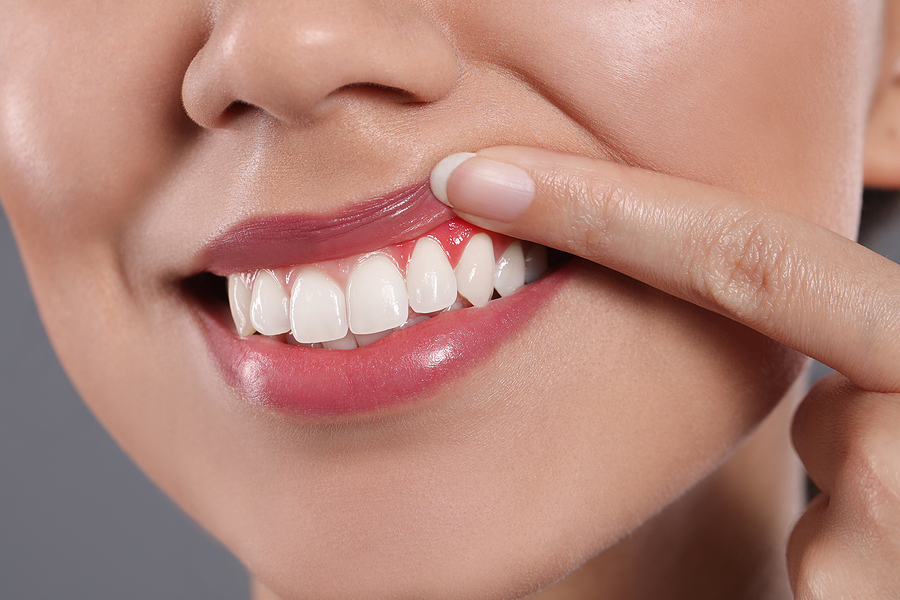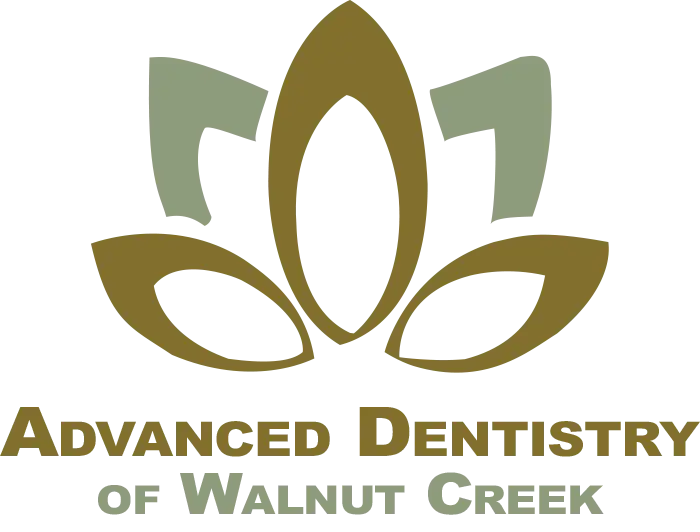![This is a thumbnail image of blog What is the Process for Getting Dental Veneers? This is a thumbnail image of blog What is the Process for Getting Dental Veneers?]()
What is the Process for Getting Dental Veneers?
Apr 28, 2022![This is a thumbnail image of blog Don’t Hold Back Your Smile In A Picture This is a thumbnail image of blog Don’t Hold Back Your Smile In A Picture]()
Don’t Hold Back Your Smile In A Picture
May 04, 2022![This is a thumbnail image of blog Welcome to Advanced Dentistry Of Walnut Creek This is a thumbnail image of blog Welcome to Advanced Dentistry Of Walnut Creek]()
Welcome to Advanced Dentistry Of Walnut Creek
May 09, 2022![This is a thumbnail image of blog Is It Better To Have an Orthodontist Apply Invisalign Aligners Than a General Dentist? This is a thumbnail image of blog Is It Better To Have an Orthodontist Apply Invisalign Aligners Than a General Dentist?]()
Is It Better To Have an Orthodontist Apply Invisalign Aligners Than a General Dentist?
Apr 28, 2022![This is a thumbnail image of blog Dental Emergency? Give Us A Call This is a thumbnail image of blog Dental Emergency? Give Us A Call]()
Dental Emergency? Give Us A Call
May 05, 2022
5 Warning Signs of Gum Disease

5 Warning Signs of Gum Disease
If you have gum disease, it is imperative you receive gum disease treatment before the problem worsens. The U.S. Centers for Disease Control reports upwards of half the adults living in the United States have some form of gum disease. Those who reach their mid-60s have upwards of a 70 percent chance of gum disease. However, the signs of gum disease are difficult to pinpoint until it reaches an extended stage. It is imperative you recognize the subtle signs of gum disease and bring them to your dentist's attention right away.
1. Receding Gums
Gum recession leads to a subsiding of the tissue around the teeth. As this tissue recedes, more and more portions of the tooth, including the roots, are exposed. This gum recession makes the teeth appear significantly longer. If receding gums are not treated by your dentist in a timely manner, the bone tissue and gum will be damaged. In fact, receding gums have the potential to cause tooth loss.
2. Gum Irritation and Redness
If you have red gums, it is cause for concern. Even sore or puffy gums is an indication of gum disease. Yet there is also the chance gum irritation and redness results from brushing the teeth with excessive force. Opt for a toothbrush with especially soft bristles to ensure you do not damage your gums and teeth during your daily cleanings. Furthermore, ease up on your brushing stroke so the force does not cause bleeding.
3. Halitosis
If you have halitosis (bad breath) or an odd taste in your mouth, it is an indication you have gum disease. If the bad taste or odor lingers, do not simply assume it is due to your diet or the lack of regular dental visits. There is a good chance this lingering odor or taste is attributable to an underlying problem with your gums.
4. Your Teeth Hurt or Feel Sensitive When You Eat
Tooth sensitivity can be caused by an array of oral health problems. Perhaps you have tooth decay, an aged filling, a cracked tooth or an issue in the aftermath of a root canal. There is also a good chance gum disease can cause this pain and/or sensitivity. If the sensitivity lingers for more than a couple days, meet with your dentist to determine if the underlying cause is gum disease.
5. Your Teeth and Gums Bleed When Brushing, Flossing or Eating
If your gums or teeth bleed when you brush, floss or eat, it is time to see the dentist to determine if you have gum disease. Though some people assume bleeding gums are a natural part of the teeth cleaning process, there is nothing ordinary about this occurrence. Bleeding gums are one of the telltale signs of gum disease.
For more information call Advanced Dentistry Of Walnut Creek at (925) 937-2273.

Working Hours
- MONClosed
- TUE - THU8:30 am - 5:00 pm
- FRI8:30 am - 2:00 pm
- SAT - SUNClosed





comments